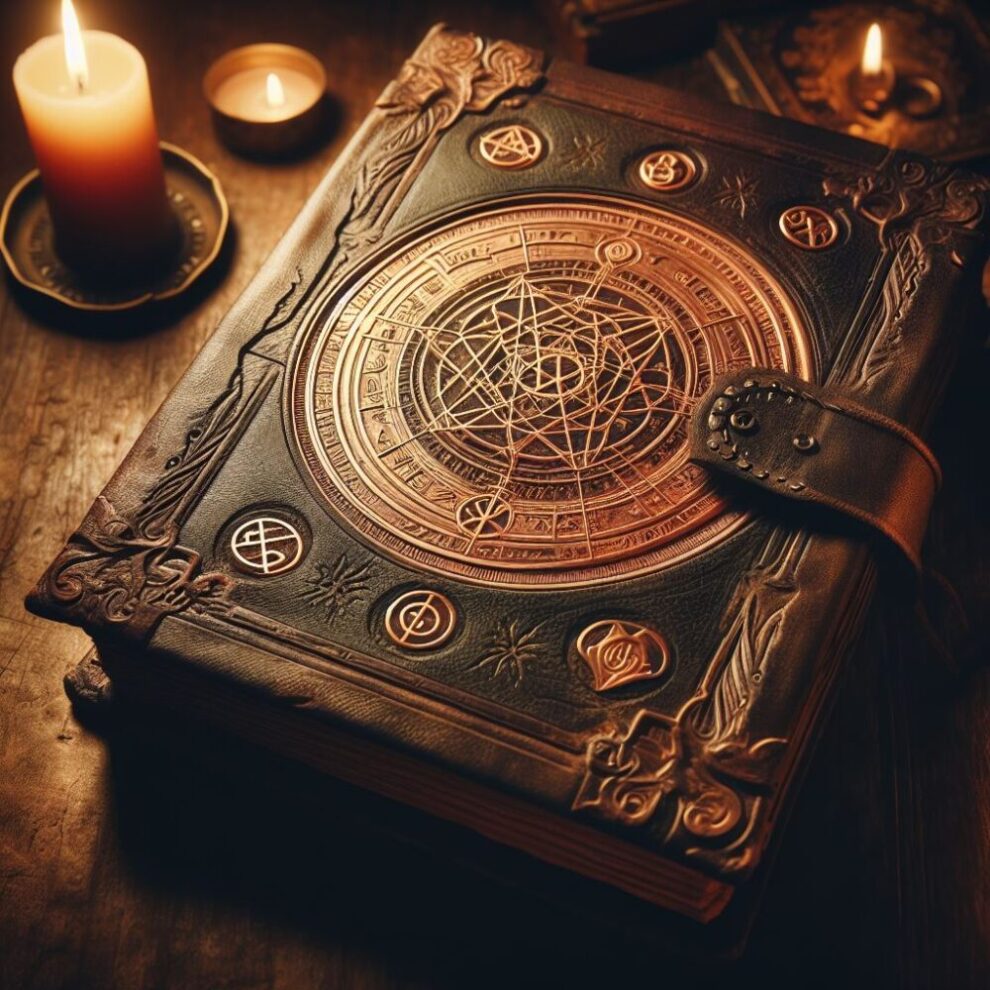The magic inherent within and derived from the working with stones, crystals, metals, and rocks.

Glossary Terms
-
amulet
-
attune
-
axiom
-
cause
-
ceremonial
-
chakra
-
chakras
-
character
-
charm
-
cleansing breath
-
correspondence
-
crystal
-
duality
-
Elder Futhark
-
enchant
-
energy
-
evil
-
folk magic
-
force
-
gemstone
-
glyph
-
good
-
gross
-
Hermetic Order of the Golden Dawn
-
HOGD
-
immersion
-
karma
-
magic
-
magic item
-
magical act
-
magical operation
-
magical technique
-
mark
-
meaning
-
metal
-
mineral magic
-
mysticism
-
operation
-
paradigm
-
personal energy matrix
-
power
-
praxis
-
prerogative
-
principle
-
Principle
-
projective hand
-
purpose
-
receptive hand
-
ritual
-
rock
-
rune
-
Rune
-
seal
-
sigil
-
sign
-
subtle
-
symbol
-
talisman
-
understanding
-
worldview
Glossary
In the true practice of magic it is increasingly important that we develop, refine, and maintain a consistent, internal terminology and nomenclature for discourse amongst ourselves, educating newcomers, and occasionally interfacing with those outside of our subculture. This glossary is my attempt towards this end, though it is most likely in vain. You may or may not see these terms echoed by other magic writers and bloggers.
-
mysticism
Elevation of one’s consciousness for:
- the seeking out of spiritual energies and exploration of higher realities for personal growth and to support the idea of divine order.
- the direct experience of the divine or effort made towards this end.
-
paradigm
a model of reality that, while certainly informed by our unconscious is for the most part assembled consciously to enable us a framework for building a magical practice and methodology. Among other considerations our paradigm includes how magic functions and how we might approach it, plus related considerations.
-
personal energy matrix
The energetic system that is the human being in totality. The core of this system is a matrix of interconnected bodies that can be conceptualized as layered and overlapping, with each body corresponding to a different plane of existence. These bodies are individually maintained and attuned with one-another through a complex framework of energetic fields, centers, pathways, and meridians. Aspects of the Personal Energy Matrix (or PEM) most people are familiar with include the chakras, the aura, etheric body, astral body, the acupuncture points and pathways, the middle pillar, and so forth. The physical body and mind are part of the PEM, as they are comprised of specific types of energy.
-
power
1. A relative measure of the application of energy or the use of force, defined by relation e.g. greater or lesser, high or low, according to relationships with other powers in context. 2. Inherent, significant force, 3. In magical lore this word can also refer to a natural or celestial agent that governs one or more spheres of influence, such as a deity, archangel, or similar, named being or unnamed agents, e.g. powers that be or simply the powers.
-
praxis
The day to day, ongoing work that involves study, practice of skills, refinement of craft and principles, and real-life applications of one’s magic; praxis involves practice as both regular rehearsal for learning & improvement and consistent use within one’s life for the attainment of goals or performance of work.